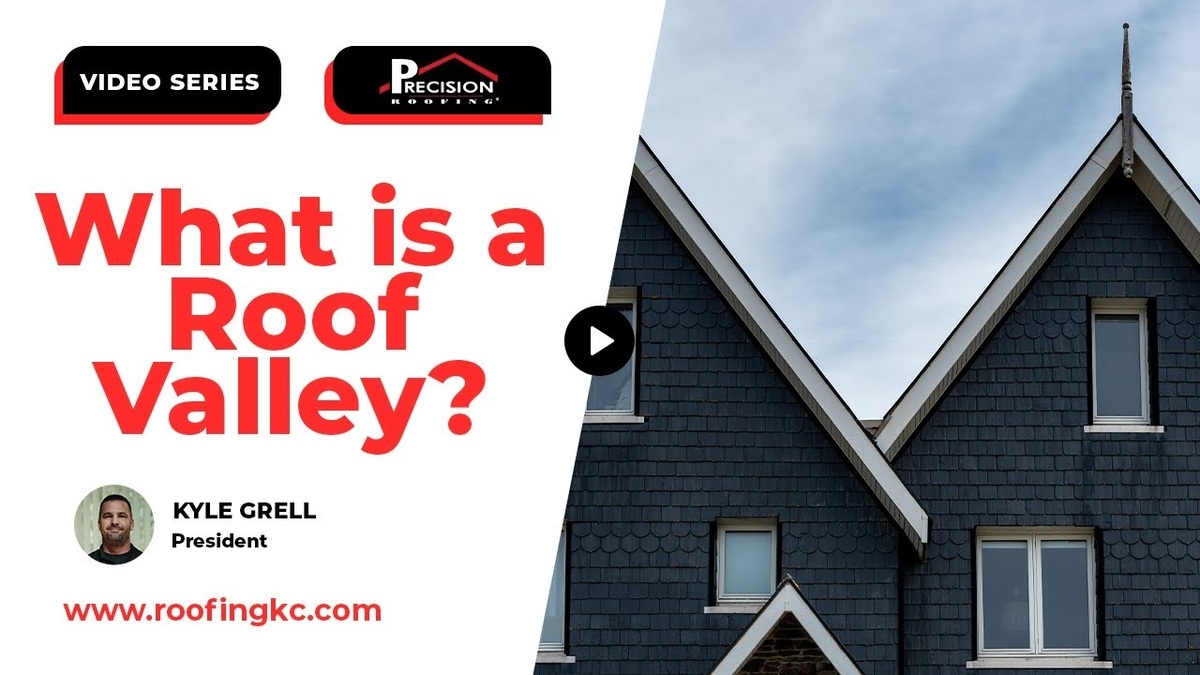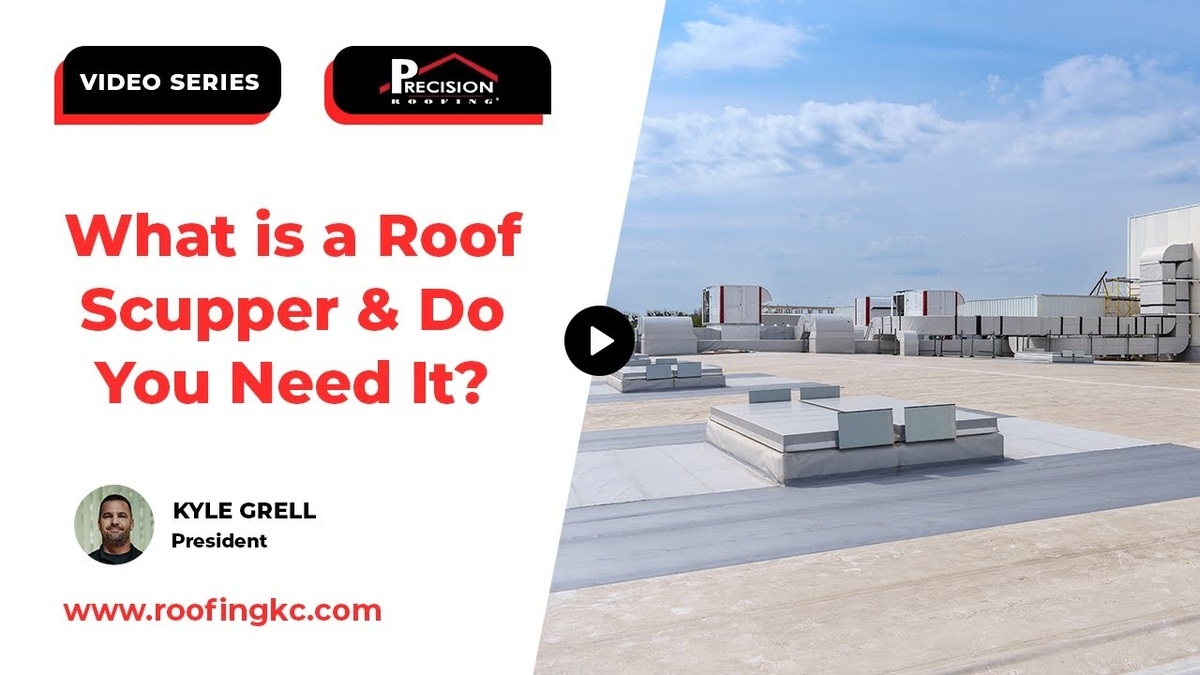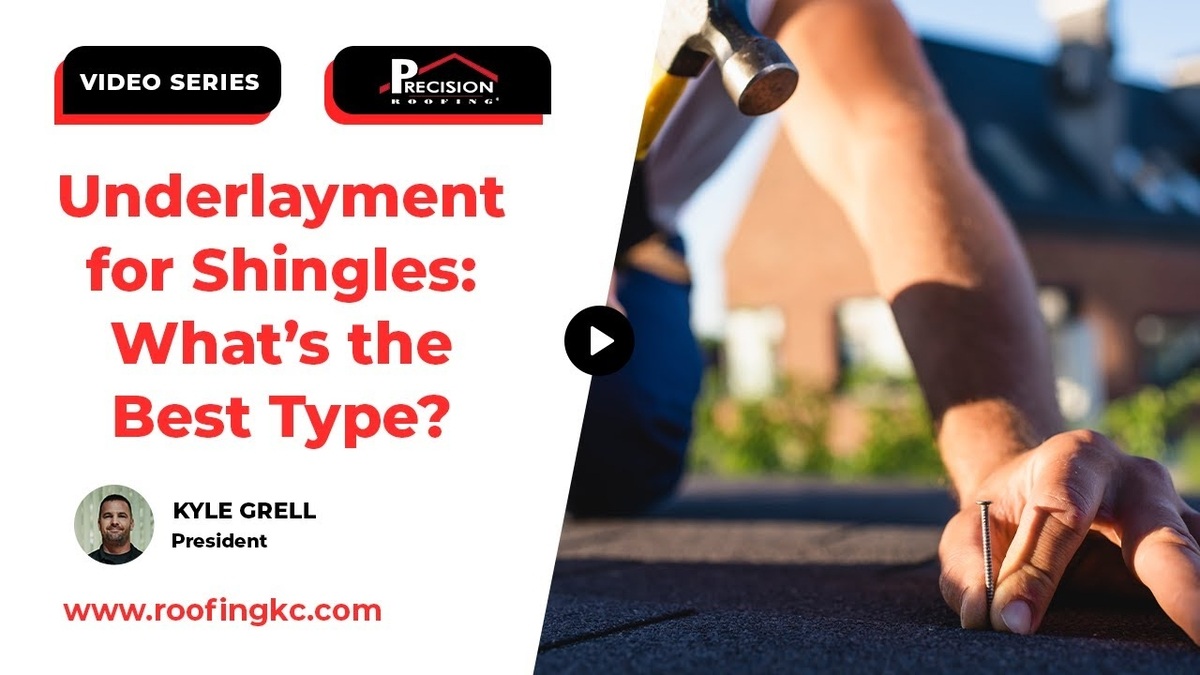Filing an insurance claim for roof damage is just the first step. Many homeowners are surprised to learn that even with an approved claim, there are still out-of-pocket costs to consider. Understanding your deductible, how depreciation works, and whether your policy is based on Actual Cash Value (ACV) or Replacement Cost Value (RCV) is essential.
In this guide, we’ll explain the key factors that impact what you’ll pay, so you can make informed decisions about your roof repair.
Understanding Your Insurance Deductible
The first cost you’ll need to cover out-of-pocket is your insurance deductible. Every insurance policy comes with a deductible, which is the amount you must pay before your insurance coverage kicks in. For most residential policies, deductibles range from $1,000 to $2,500. However, some homeowners opt for even higher deductibles to reduce their monthly premiums. We’ve seen deductibles as high as $6,000, which, while lowering your monthly costs, can lead to a significant upfront expense when you need to file a claim.
So, when your roof damage insurance claim is approved, the first payment you’ll make is this deductible. The insurance company will handle the rest, covering the costs beyond this initial amount.
ACV vs. RCV: Depreciation and Its Impact on Your Costs
Next, it’s crucial to understand whether your policy offers Actual Cash Value (ACV) or Replacement Cost Value (RCV). This distinction significantly impacts the amount you’ll receive from your insurance company and what you might still owe.
- Replacement Cost Value (RCV): If you have an RCV policy, you’re in a better position. The insurance company will cover the cost to replace your roof at today’s prices, minus your deductible. For instance, if your new roof costs $12,000, the insurance company might initially send you a check for $7,000 that covers the roof’s actual cash value. Once the roof is installed, they’ll send you the remaining $5,000, the roof’s recoverable depreciation, after subtracting your deductible.
- Actual Cash Value (ACV): With an ACV policy, the situation is a bit different. ACV policies consider depreciation non-recoverable, meaning the insurance company will only pay what your roof is worth at the time of the claim, considering its age and condition. If your new roof costs $12,000 but the insurance company determines its actual cash value is only $7,000, they would send you a check for $7,000, leaving you to cover both the deductible and the non-recoverable depreciated amount.
Out-of-Pocket Costs for Homeowners
In most cases, the only out-of-pocket cost for homeowners with an RCV policy is the deductible. However, if you have an ACV policy, you will also need to cover the depreciated amount. It’s essential to review your policy to understand exactly what’s covered and what isn’t.
Here’s a quick summary:
- Deductible: Always out-of-pocket.
- Depreciation: Out-of-pocket if you have an ACV policy.
- Supplemental Costs: If any unexpected issues arise during the repair, we’ll handle the paperwork to get those costs covered by your insurance, ensuring there are no surprise charges for you.
Handling Unexpected Issues
Roof repairs can sometimes reveal unexpected issues that weren’t apparent during the initial inspection. If this happens, don’t worry—we’ll manage the process for you. We’ll submit an insurance supplement to ensure any additional work needed is approved and covered by your insurance company. This means no surprise costs will be added to your bill. You’ll only pay your deductible and, if applicable, the depreciated amount depending on your policy.
In Summary
When your roof damage insurance claim is approved, the main cost you’ll need to cover is your deductible. If your policy is based on Actual Cash Value, you may also need to pay the depreciated amount. Rest assured, we’ll take care of any supplemental claims, ensuring you’re not faced with unexpected costs. Understanding your policy’s terms—whether it’s ACV or RCV—will give you a clear picture of what to expect financially.
If you have questions about your roof damage insurance claim or need assistance managing the process, contact us today. We’re here to help you every step of the way.



